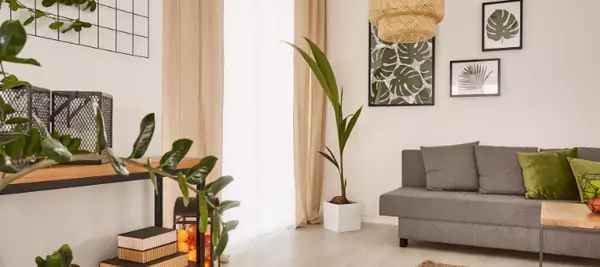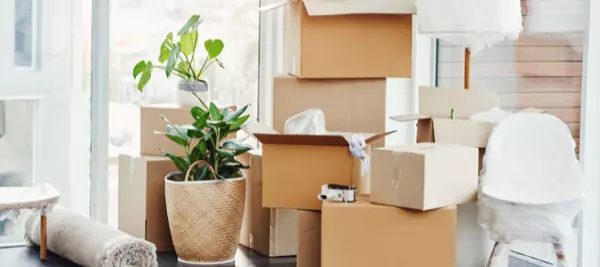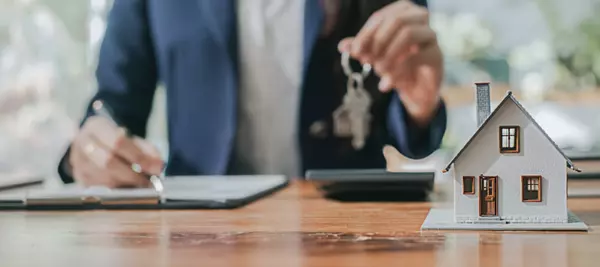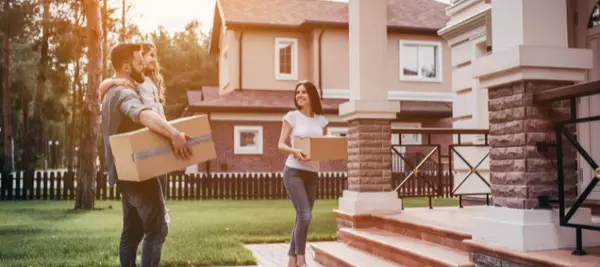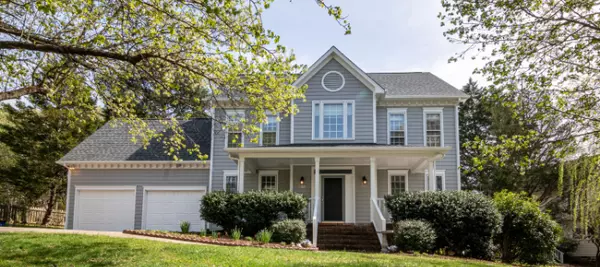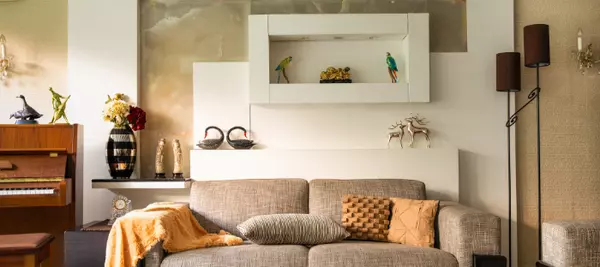Should I Add a Home Studio To My House?
Should I Add a Home Studio To My House?

Is a home studio right for me and my family's lifestyle?
Whether you're planning on making music or recording voiceovers, a studio makes a huge difference in the quality of your sound.
Before you start shopping though, think of how your day-to-day will be affected by adding a home studio. Will it mean moving things that your family routinely uses or being distracted all the time by people around you?
Before making the investment, because it is one, think of what the ability to record and create at home means. Just because you can, doesn't mean that it's the right thing. Maybe doing the beginning at home and then going to a project studio to finalize the work could be better. On the other end, if you want better control over your projects then having your own studio is the right move.
What will you use the studio for?
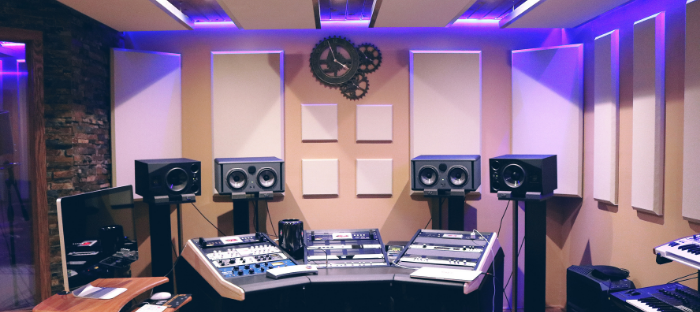
Whether you end up going for a full-blown music studio or a simple isolation booth depends on the kind of work you want done. Beyond just thinking about your lifestyle, think of the needs of the project itself.
Generally, more space is better even when it comes to acoustics. Smaller rooms have more potential for sound to bounce off surfaces and you won't be able to add thick noise absorption materials either.
The small booths you see in some home studios are completely filled with materials designed to lessen the noise coming from outside and change how sound behaves around the microphone.
On the other hand, if you need to record a whole band, you will need a live room. The space you have available can vary wildly, so what space works for what?
What to do based on the rooms you have available.
Basement
A basement is ideal for a few different reasons. Though you may miss windows, not having them will mean one less thing to sound-proof.
Given that they are generally big, the advantage of a basement is that there is a lot of space to customize and draw out different spaces. By adding walls, creating an isolation booth, a live room and a room to master the recordings, you will have a full studio with a lot of potential.
One of the biggest issues would be to pad the ceiling appropriately and buy enough noise cancelling material to cover enough surfaces.
Large room
A large room is the next best thing. The point of a home studio is that it should contain all the sound within and prevent a noisy exterior from interfering with the sound picked up by the microphone.
All studios require lots of noise-cancelling materials to line the walls and ceiling but if this room is in the middle of a residence, or near the property line then it will need better noise-cancelling material, increasing your costs.
If you use your space well, you could also add a booth. Like in a basement, you will then have to add ventilation systems without introducing an air gap.
Many prebuilt booths also come with windows so that artists can see other people and not feel boxed in.
Small room
A small room is not the best. Even if you have room for acoustic instruments like a guitar, you will need to spend a lot of money on noise cancellation. Not only are the walls more likely to create issues with the overall sound quality but the noise from beyond the room can affect the recording in the way audio software cannot fix.
What if I live in an apartment?
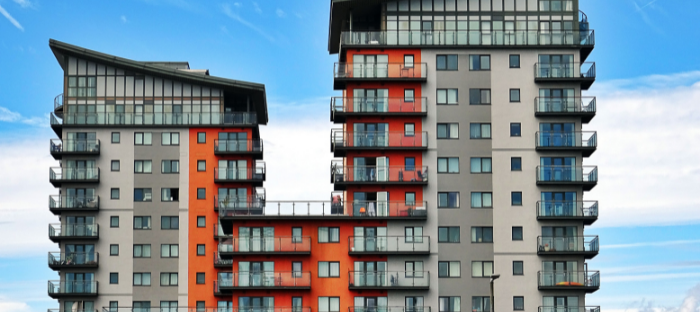
The first thing you need to check is your rental agreement and maybe negotiate some additional terms with your landlord.
Before you purchase the equipment needed, it's a good idea to listen first. If the other tenants are hardly loud and you can't hear the details of their phone calls, then you could get away with lower-cost materials.
On the other hand, it's also your responsibility to check the noise ordinance of your city. Usually, that means making sure the night is relatively quiet. For musicians with day jobs that can be difficult and if you're a budding voice actor, recording from your bedroom closet is not going to work out for long. The last thing you want is a court order created problem for your landlord - rent increases won't be fun.
There is a chance that your apartment building has music rooms on site but these are not meant to record music or voiceovers professionally. They work more as practice spaces.
Advice for your recording studio
Put rugs everywhere
That also means the room above the studio. Microphones might be elevated up but sound travels everywhere. If you neglect your flooring, then there's not much a computer can do to fix the issue. This is especially important if you live in an apartment building, though you may not notice it usually, sound can travel up to your apartment, or down to your neighbours very easily. Rugs help everyone be less of a nuisance.
Look at the floor before you start recording and your music recording process will be that much smoother if you take some time to create fewer opportunities for issues.
Soundproof your doorframe
Many people forget about the door when it comes to soundproofing on their own. Houses do not have soundproof doors. When you create your home studio, it's a good idea to pay for the cost to go the distance.
Don't ignore the control room
If you're lucky enough to have a control room with an audio interface panel and a big window to look at the artists as they're recording, it should also be soundproofed.
Some people ignore this step because it doesn't interfere that much with the recording but creating an extra layer of insulation pays off both when you're listening and trying to record something as clean as possible.
What not to do when setting up equipment in your new home studio
Shelves
It should be obvious but don't decorate a recording room with shelves. At least in the area where people will record, make sure that anything on the walls is helping reduce the amount of interference. Adding shelves will impair the microphone's ability to record the music or voice with accuracy.
When dealing with noise, it's important to remember that noise can come from within the room itself due to sound bouncing off of things it isn't meant to. The way sounds land on a microphone creates issues that make it complicated to master a piece of music or voice recording.
Recording space exists for one reason: recording.
If you have a live room, don't add sofas in the live room itself. Anything you bring in will affect the way sound works. You can use that to your advantage with a piece of clothing used to muffle sound in a creative way, but the last thing you want are big bulky sofas that soak in sound in all the wrong ways.
Storage for equipment
Having built-in storage close to your recording room in your home studio can help keep things organized throughout the house. After all, since the building you're recording in is still part of your home, it's a good idea to have a dedicated area to store instruments to reduce how often people have to lug their gear around.
How the studio fits into your family life

On your property, you will have two things: a home studio and a home. Proper noise handling will mean that you and the musicians in your life can, for example, go all-in on the drums without interfering with your family watching a movie in another room.
If you have small children it would also be a good idea to add locks to prevent them from going into the control room or playing with the noise-cancelling material on the walls. Boundaries are always important and for a home studio, that barrier can be invisible and ignore distance if you don't spend enough money trying to get the best audio environment.
Before you get into the business of voice acting or build a big enough home studio for all your bandmates, the first step is understanding all the challenges that come with recording at home.
View All Homes For Sale in Greater Vancouver >>>
About Search Home Listings
SearchHomeListings.ca has simplified the home buying and selling process by giving you superior tools with up-to-the-minute information including active homes for sale, sold homes, market reports, and a home valuation tool! We have a team of success managers on standby to support you with setting up your saved home search and agents ready to take you out on a tour. Tap into our industry experts from inspectors, to contractors to interior designers to provide you with the best prices and service possible. Everyone attached to our website has been rigorously vetted and is made up of caring, knowledgeable professionals that work tirelessly to help you to make your home buying experience as stress-free as possible. Contact us today to see how we can help!
Sites We Follow
Categories
Recent Posts

